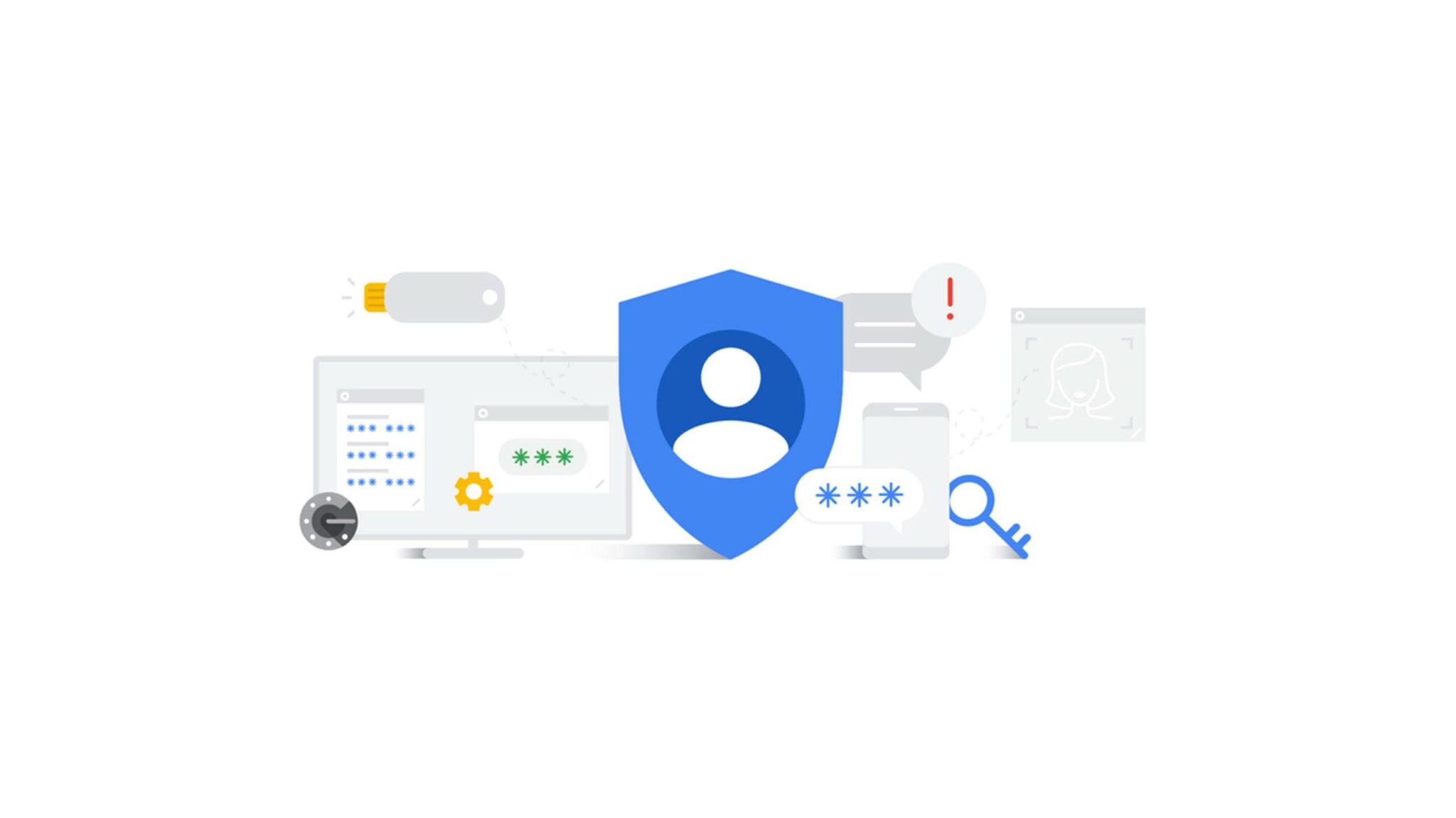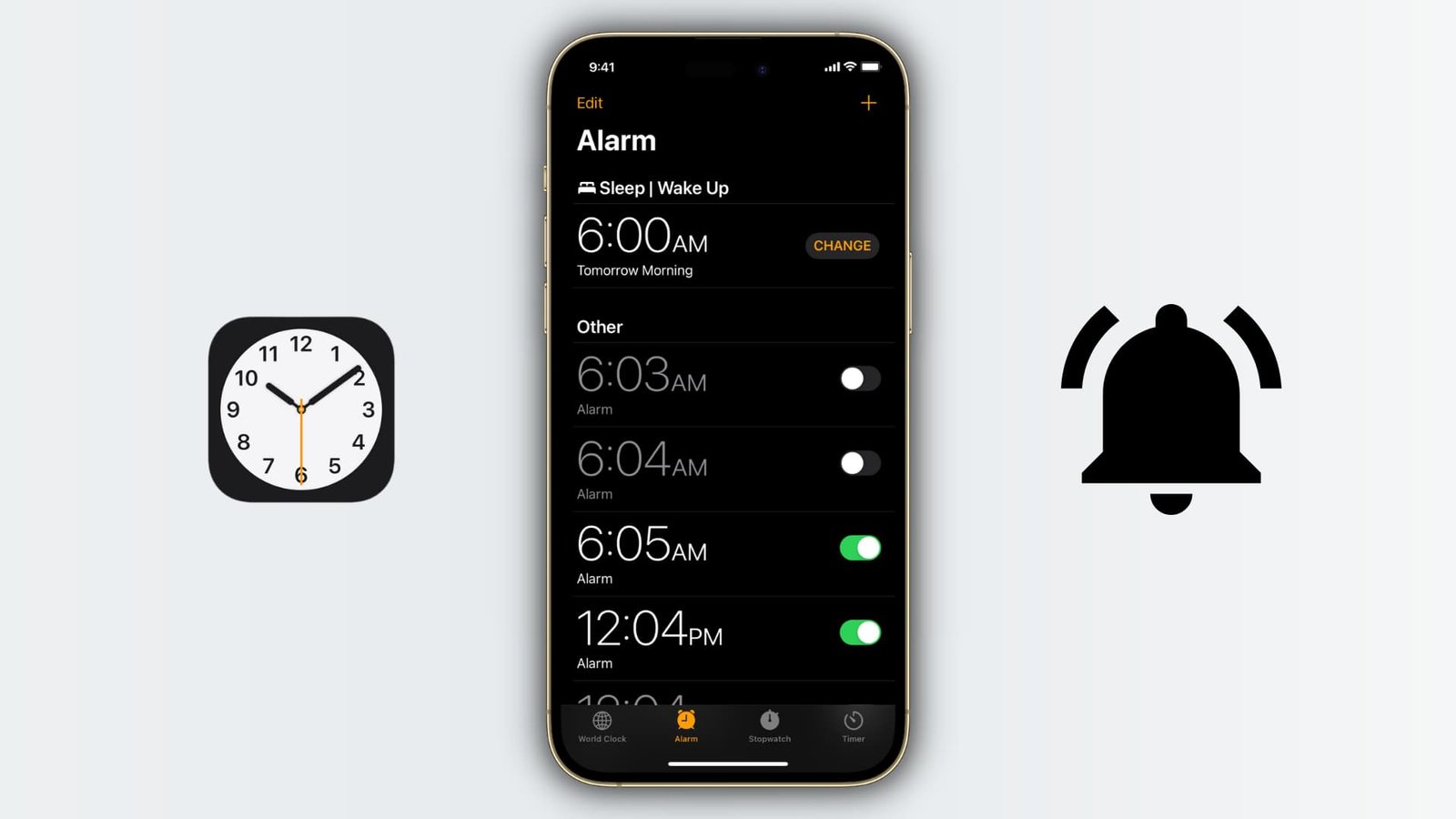In a digital age dominated by security concerns, Google has announced a groundbreaking milestone: passkeys have been used over a billion times. This achievement underscores a significant shift towards eliminating traditional passwords in favor of a more secure and user-friendly authentication method.
The Rise of Passkeys
Passkeys, developed as part of a collaborative effort by major tech giants under the Fast IDentity Online (FIDO) Alliance, are redefining digital security. These authentication tools are designed to work across various devices without the need for a memorized password, using biometrics or device pins instead. As Google implements passkeys as the default sign-in method for personal accounts, users enjoy a 40% faster login process compared to traditional passwords.
Industry Adoption and Global Impact
The adoption of passkeys is not limited to Google; major brands like Amazon, Apple, and Microsoft are also on board, creating a unified front against the vulnerabilities associated with passwords. This widespread adoption is driven by the need for better security measures as passkeys offer phishing resistance and are not susceptible to traditional credential theft.
User Experience and Security Benefits
One of the most significant advantages of passkeys is their convenience. Users can seamlessly access their accounts across different devices and platforms without the need to remember complex passwords. Moreover, the security benefits are undeniable. Passkeys do not leave room for phishing attacks as they are bound to the original website for which they were created, making them a safer alternative to passwords and even some forms of two-factor authentication.
Challenges and Future Prospects
Despite the promising advantages, the transition to passkeys is an ongoing process. While they are set to replace passwords eventually, the shift requires significant changes in user behavior and system infrastructure. Educating users and integrating passkey technology into more websites and services are critical steps toward a broader adoption.
Google’s announcement that passkeys have been used a billion times is more than just a milestone—it’s a testament to the shifting paradigms in digital security. As the tech community continues to embrace passkeys, the future where passwords are obsolete is becoming increasingly tangible. This move not only enhances security but also simplifies the digital experience, marking a significant leap forward in how we protect and access our digital identities.






























